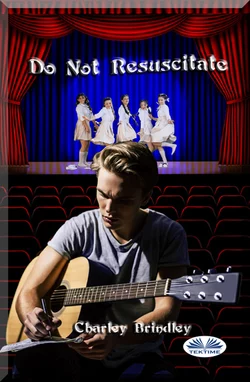Do Not Resuscitate

Charley Brindley
Тип: электронная книга
Жанр: Современная зарубежная литература
Язык: на английском языке
Стоимость: 313.53 ₽
Издательство: TEKTIME S.R.L.S. UNIPERSONALE
Дата публикации: 25.04.2024
Отзывы: Пока нет Добавить отзыв
О книге: A dying man tells his great granddaughter that he has signed a Do Not Resuscitate document, giving instructions for medical personal to let him die if he’s determined to be brain dead.